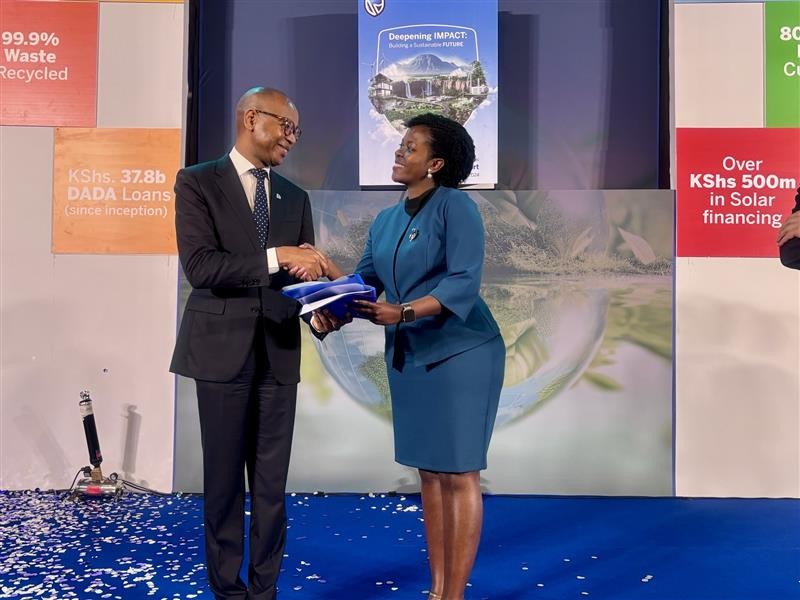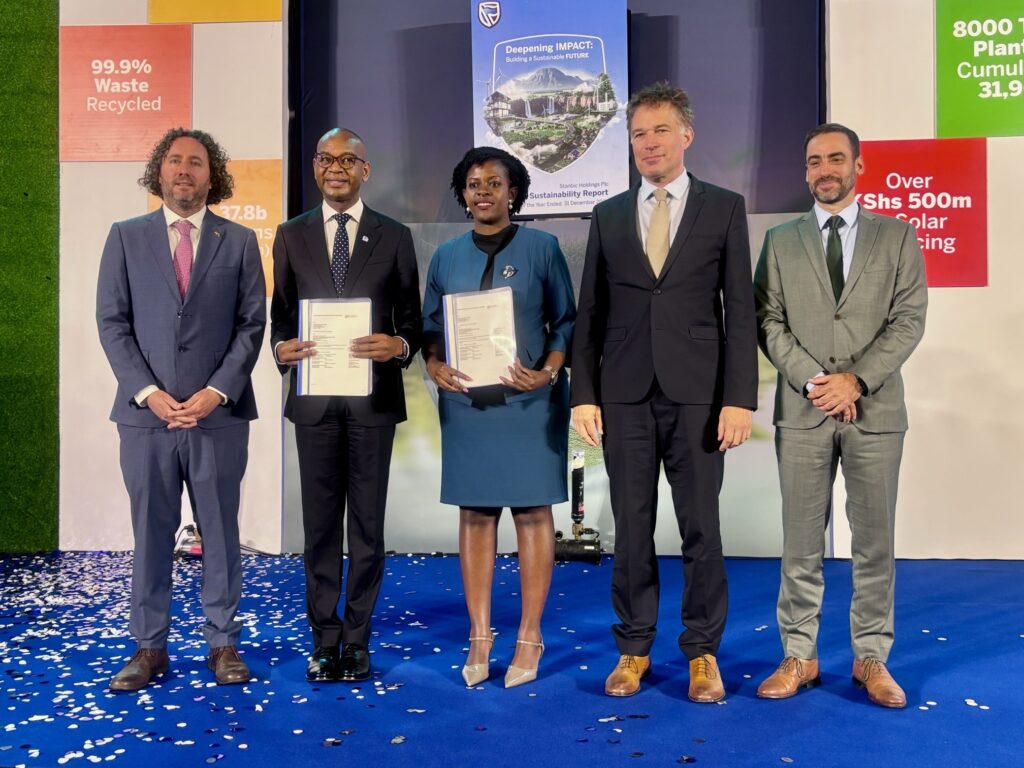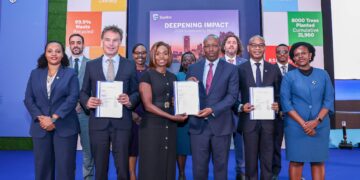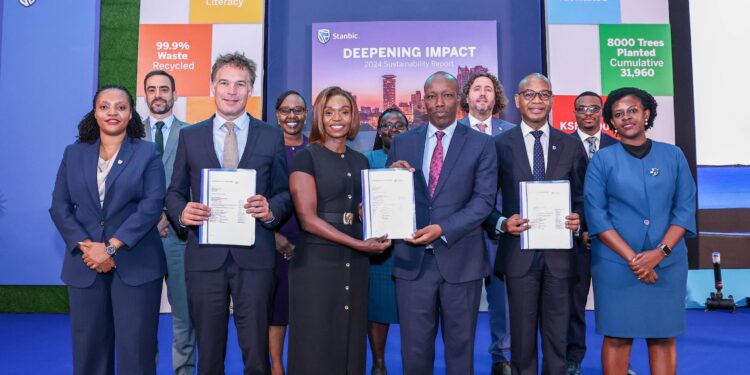Nairobi — Stanbic Bank, in partnership with the German development agency GIZ, has launched a new regional initiative titled “Promoting Green Businesses and Jobs for the Green Transformation”.
The programme, which covers Kenya, Tanzania, and Uganda, is designed to advance women’s economic empowerment while promoting environmental sustainability through the growth of green enterprises.
This new collaboration will bolster green innovation in East Africa by supporting women-led businesses that are providing environmentally sustainable solutions. It builds on the ongoing Women Entrepreneurs for the Green Transformation in Africa (WE4D) programme, which is committed to supporting green enterprises led by women across the continent.
Through targeted interventions, the initiative will promote the growth of women-led micro and small enterprises by offering business training, coaching, and access to finance. The support will empower these businesses to scale sustainably and contribute meaningfully to the region’s green economy.

A key goal of the partnership is to expand training opportunities for women and businesses that contribute to the green transformation. The program will also open up employment opportunities for women within green supply chains, including renewable energy, circular economy, waste management, blue economy, ecotourism, and sustainable agriculture.
The two-year program will be delivered through Stanbic’s business incubators in Kenya, Tanzania, and Uganda, and will consist of four cohorts. Each cohort will undergo a structured curriculum comprising classroom training, workshops, business site visits, personalised coaching, and market integration opportunities.
The announcement coincided with the launch of Stanbic Kenya Holdings’ 2024 Sustainability Report, themed “Deepening Impact: Building a Sustainable Future.” The event was officiated by Hon. Lee Kinyanjui, Kenya’s Cabinet Secretary for Investments, Trade, and Industry, and attended by Stanbic Bank leadership, development partners, government officials, and private sector stakeholders.
Kinyanjui applauded Stanbic Bank for its contributions to economic growth and environmental conservation, highlighting the bank’s support for infrastructure projects, such as the Nairobi Expressway. He emphasised the importance of supporting SMEs through financial inclusion, quoting the Economist: “Africa has too many businesses but too little business.” He urged financial institutions to take a more active role in shaping Africa’s entrepreneurial future.
He also commended Stanbic Foundation and its impact-driven partners, including GIZ, Microsoft, ATC, and the United States African Development Fund.

Implementation in Uganda
In Uganda, the WE4D programme is commissioned by the German Federal Ministry for Economic Cooperation and Development (BMZ), with support from the European Union and the Government of Norway.
GIZ Uganda will implement the programme in collaboration with the Stanbic Business Incubator Limited (SBIL) and the Ministry of Gender, Labour, and Social Development (MGLSD). SBIL, a subsidiary of Stanbic Uganda Holdings Limited, is responsible for enterprise development and capacity building.
Sheila Agaba, Business Manager at SBIL, explained that the programme will be rolled out in Kampala, Wakiso, and Mukono districts. Eligible women-led enterprises in these areas will receive business training, coaching, and facilitated access to finance.
“The programme targets women-led green businesses seeking to scale. It will also prepare participants for loan uptake at subsidised rates, addressing the financing barriers they’ve previously faced,” said Agaba. “Each business will receive personalised coaching over three months, in addition to group-based training aligned with green entrepreneurship.”
Agaba noted that this initiative will unlock the potential of green businesses to become key players in East Africa’s sustainable transformation, calling it an investment in both the future of green industries and the empowerment of women.
Eligibility Criteria for Uganda
To participate, businesses must meet the following requirements: Female-owned or led enterprises, or businesses employing a majority of women, Legally registered and operational in Uganda for at least two years, Annual turnover of at least UGX 70 million over the last two years, Verified financial records, including 12 months of bank statements.
Other requirements are: Operate in sustainable agriculture/agro-processing, renewable energy, or circular economy/waste management, Actively seeking investment for business transformation and growth and have at least two full-time staff.
The programme will run over two years, delivered in four cohorts comprising classroom sessions, workshops, business visits, coaching, and financial support. Business owners who meet the criteria are encouraged to apply via this link:👉 Apply Here











